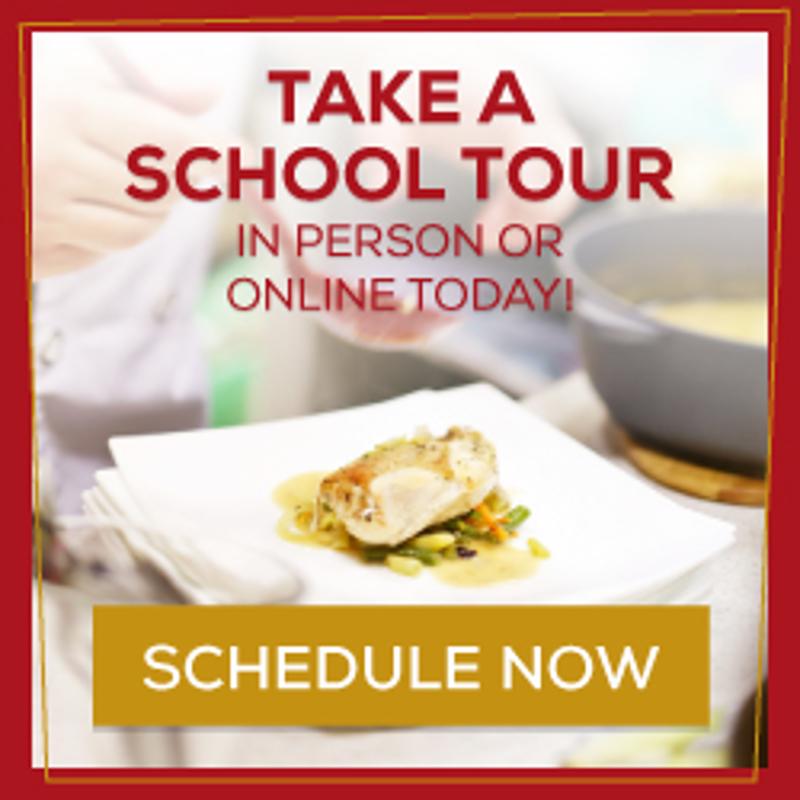People enter culinary academy not only to learn to cook food they love, but to express creativity. And while plenty of culinary traditions allow chefs to go wild in the pursuit of new flavor combinations, perhaps none is more open to innovation than fusion cuisine.
“Fusion cuisine is one tradition that emphasizes creativity and exploration.”
Here, chefs are free to create as they see fit, combining ingredients and cooking styles that have never before been tasted. As QSR magazine explained, fusion cuisine is a deeply American tradition, one that reflects the country’s rich and diverse melting pot of cultures.
Are you daring enough to try and perfect your own fusion dishes? Then consider the five following tips as you start blazing new culinary trails:
1. Research is your best tool
As Esquire magazine explained, chef Peter Gordon is often called the father of fusion cuisine, and he’s opened a series of restaurants that combine everything from Asian delicacies to Mediterranean mainstays. Of Gordon’s handful of rules for fusion chefs, perhaps the most important is the research phase. Fortunately, that’s not just a lot of reading, and Gordon encourages chefs to eat out as much as possible. It’s also a matter of how you think about dishes and their greater culture. What about Asian noodle dishes interests you? Are there elements from a meal that are missing? What could be improved about that Italian parmigiana? The more you think about these elements, the better you can evaluate them and decide what other dishes or styles may prove complementary.
2. Try and try again
Let’s say you’ve thought long and hard about food and decided to make a dish that combines fried chicken inside a wet-style burrito. You may whip up that first burrito and remark on the taste, but your experimentation shouldn’t end there. The best fusion chefs don’t just settle at one recipe and will continually tweak or modify elements to get the tastiest dish possible. One experiment might involve using a different kind of chicken, while the next could be about swapping out some spices. No matter how big or small the change, it’s going to have an impact on the final flavor, and you as the chef must be committed to putting in the work to explore as many flavor options as possible. The end result will be the best synthesis of culinary ideas.
3. Don’t be afraid to fail
As mentioned above, regular experimentation is imperative for fusion-style chefs. Without it, you can’t find that perfect marriage of ingredients or cultural inspirations. However, according to Delishably, part of that process means you may encounter some failures as you work in the kitchen. You might think that orange chicken pizza sounds like a good idea, but the final product might be less than stellar. And that’s OK: Great food doesn’t always come together in an instant, and fusion cuisine is definitely a style where you may have more bad ideas than delicious ones. But that just means you’ll get to experiment more, and that’s going to make you a better and more experienced chef in the long run.
“Take the time to understand the nuances of ingredients.”
4. Know your favorite ingredients
It’s not enough, as Chef Gordon explained, to do your research. You also have to have a firm idea of each ingredient you use. For instance, it’s a good idea to know what foods a spice like turmeric might pair well with, and some dishes it should avoid entirely. It means tasting each ingredient, or the ones you use the most, in several instances and in a number of different combinations. That way, you’ll have a more developed idea of the best use for every ingredient. Chef Gordon mentioned that he always keeps a group of seven or so ingredients handy at all times. That includes soy sauce, which can be used in everything from dressings to stews, lemongrass, fish sauce, and spices like fennel and star anise.
5. Always have fun
Fusion cuisine should speak to the core motivation of most chefs: Food is about expressing one’s inner self. No matter how much work is involved, or how many dishes you end up tossing before that final slice of glory, this should always be a fun process for you as a chef. If you have fun during your kitchen creations, it will show in the quality of the resulting dishes.




